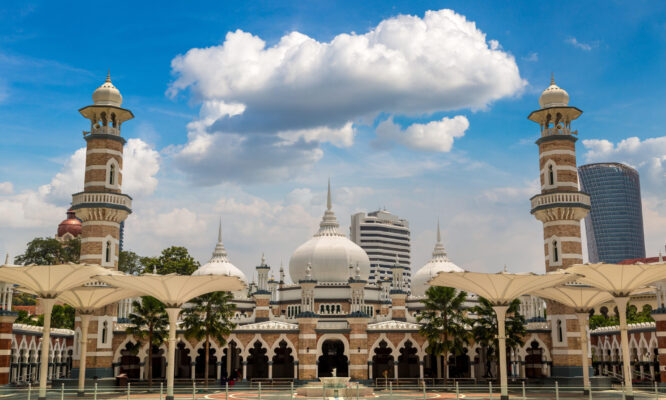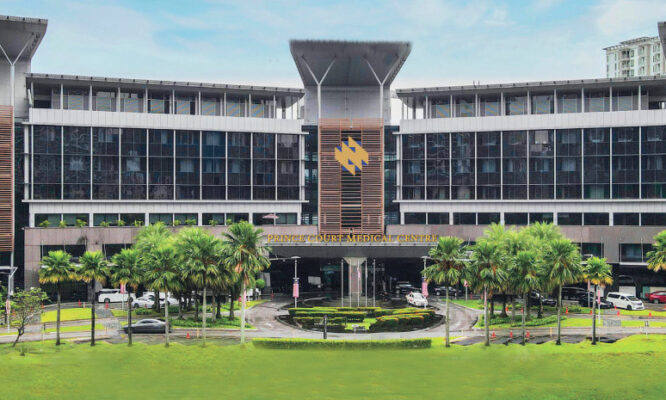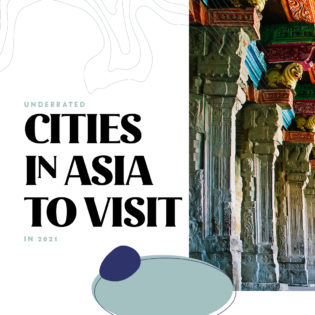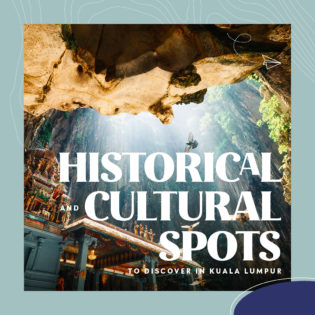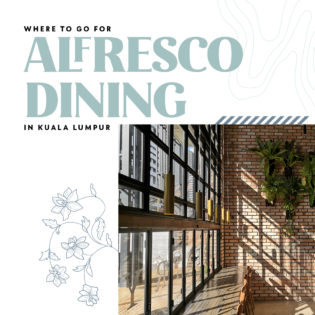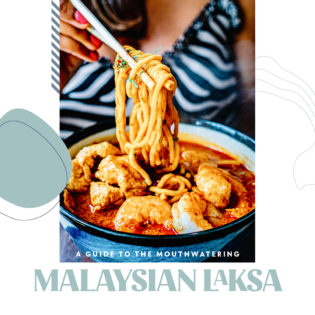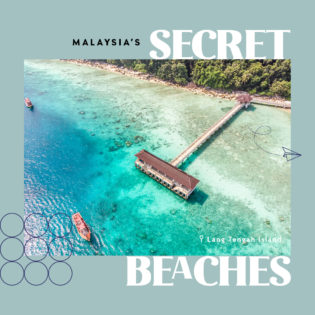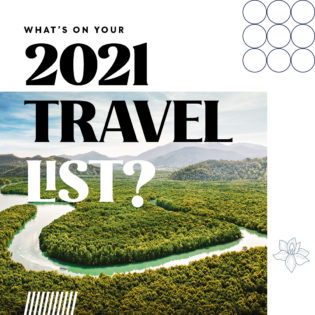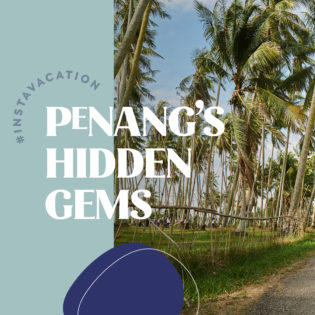Volvo Trucks’ Seasonal Gift programme helps to fund facilities for the Kelabit community in Bario
Peering out the window as the 19-seater MASWings-operated Twin Otter plane makes its descent, visitors are greeted by a stunning sight of undulating hills and lush tropical greenery, dotted with paddy fields and pineapple farms.
This is Bario, a remote town located high up in the Kelabit Highlands of Malaysia’s eastern Sarawak state in Borneo.
Known as the Land of a Hundred Handshakes, reflecting the warmth and hospitality of its people, Bario is home to the Kelabit community, one of the smallest indigenous groups in Sarawak, who have lived in the area for 4,000 years. Although they number an estimated 6,000, there are just over 1,000 people left in Bario and its surroundings, as many have migrated to cities in search of better education and job opportunities.
The main source of income here comes from agriculture, with Bario rice, pineapple and salt products highly sought after. In recent years, ecotourism has attracted researchers and tourists from as far as the U.K., Australia and New Zealand, who come to experience the friendly hospitality, the laidback village vibe, and the amazing biodiversity of the rainforest.
However, Bario’s remote location means that help in case of emergencies is at least 11 hours away by four-wheel drive through rugged logging trails and river crossings, or via a 50-minute flight on a small plane that flies in twice daily from the nearest city, Miri. The most pressing worry for the residents of Bario Asal Lembaa, the largest village in Bario, is fire and destruction of their traditional wooden longhouse – the oldest of its kind in the area and home to about 23 families.
“Our longhouse is more than just a home. It is a living piece of history,” says Bario Asal Lembaa headman Laju Balang @ Aren Lemulun. “There are six to seven longhouse fires every year in Sarawak. The fear of losing our longhouse to a fire is very real,” he says, adding that it isn’t just the material possessions that would be lost, but the memories of their Kelabit forefathers.
Residents have reasons to worry. The longhouse in neighbouring Ulung Palang village was razed in two fires, and in 2017, the local primary school, Sekolah Kebangsaan Bario, was burnt down. Without a proper fire-fighting system, the fires spread quickly and the buildings were destroyed.
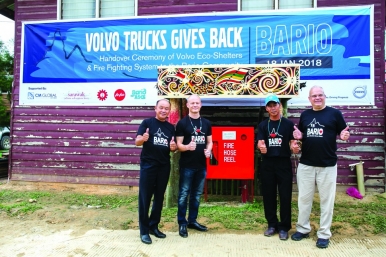
Realising the importance of preserving the longhouse, an irreplaceable piece of heritage, as well as to help elevate the living standards of the community, Volvo Trucks reached out to the people of Bario as part of its Seasonal Gift programme, a global corporate social responsibility effort to support local societal causes. Malaysia was one of 14 countries chosen to receive RM500,000 (USD127,000) in funding last year.
“We picked Bario out of numerous options after one of our staff, our sales VP Alex Yong who paid this beautiful place a visit, told us stories about it and how our Seasonal Gift would help the people here,” says Volvo Malaysia Managing Director Mats Nilsson. “Our objective is to help sustain the local culture, grow tourism potential as well as maintain the history of the communities in and around Bario, whilst allowing them to preserve a part of the environment here,” he says, adding that this is in line with the company’s core values of quality, safety and environmental care.
The initiative covers two areas, the first being the construction of a fire-fighting system for the longhouse. Comprising a large-capacity water tank and eight strategically placed hose reels, the system can be deployed quickly in case of a fire.
Built in the traditional style with a tawa (community hall), living areas and an interconnected kitchen, the longhouse dates back to 1958 and is a living historical monument and a big tourist draw. “To prevent loss of lives as well as loss of history, we agreed that a firefighting system was crucial for its preservation for generations to come,” says Nilsson.
The second component of the Seasonal Gift programme is the construction of five “eco-shelters” along the Bario ancestral trail, which leads to Mount Murud, the highest mountain in Sarawak, as well as the twin-peaked limestone formation Bukit Batu Lawi, a sacred site for communities such as the Kelabit and Penan, who live within the highlands.
Covering a distance of 25 kilometres across hilly terrain and thick, virgin rainforest, the trail is a difficult one that takes six days to traverse. However, hikers will be rewarded with encounters with diverse Bornean flora and fauna, including spider Rafflesia, helmeted hornbills, gibbons, sun bears, and if one is incredibly lucky, the elusive bay cat, which is only found in the jungles of Borneo.
The eco-shelters, each of which are spaced five kilometres apart, are meant to act as resting spots for locals and hikers alike, and to make the trail more attractive to amateurs. This would in turn draw more tourists to Bario and generate income for the locals. The shelters are equipped with working toilets via a sustainable rainwater harvesting system and are elevated high above ground for safety. The pillars are constructed of wood from the Belian tree (Bornean ironwood), while the body of the shelters are made from Jati (teak).
Building them was a monumental task, done entirely by the local Kelabit and Penan people. Because the area is a gazetted national park, no trees can be felled, and porters had to carry a whopping 30 kilogrammes of building materials such as wood planks and logs through the hilly and sometimes treacherous jungle terrain, in order to reach the building site. A total of seven villages within Bario participated in the effort.
Both components of the Seasonal Gift project were completed within six months.
For headman Laju, Volvo’s programme has provided the local community with tools to empower itself and which will have a profound impact for generations to come. “We enjoy modern amenities now but we maintain a traditional way of life. It isn’t easy but Bario holds a special place in our hearts, and it is our responsibility to pass this on, whilst sustaining development all around.
“In the last few years, we’ve seen the impact of tourism on our lives. The homestays and the guides have an income. We also get to sell our products such as salt and pineapple,” he points out. The long -term goal, Laju explains, would be to establish Bario as a world-class hub for agro-biodiversity, and to obtain UNESCO World Heritage status.
Undeniably one of the most beautiful rural locations in Malaysia, Bario is indeed deserving of conservation and protection, lest this gem of a place and its people’s way of life disappear forever.
